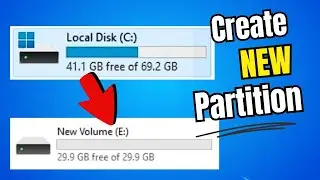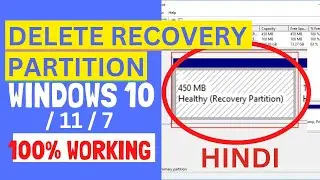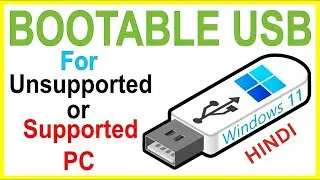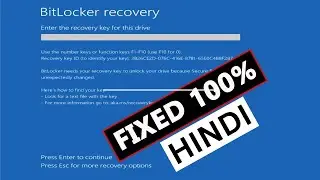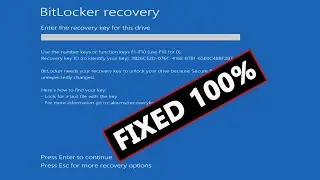Explaining Soft Link And Hard Link In Linux With Examples
Soft and Hard links in Unix/Linux
A link in UNIX is a pointer to a file. Like pointers in any programming languages, links in UNIX are pointers pointing to a file or a directory. Creating links is a kind of shortcuts to access a file. Links allow more than one file name to refer to the same file, elsewhere. Explaining Soft Link And Hard Link In Linux With Examples
There are two types of links :
1. Soft Link or Symbolic links
2. Hard Links
These links behave differently when the source of the link (what is being linked to) is moved or removed. Symbolic links are not updated (they merely contain a string which is the path name of its target); hard links always refer to the source, even if moved or removed.
For example, if we have a file a.txt. If we create a hard link to the file and then delete the file, we can still access the file using hard link. But if we create a soft link of the file and then delete the file, we can’t access the file through soft link and soft link becomes dangling. Basically hard link increases reference count of a location while soft links work as a shortcut (like in Windows)
1. Hard Links
Each hard linked file is assigned the same Inode value as the original, therefore they reference the same physical file location. Hard links more flexible and remain linked even if the original or linked files are moved throughout the file system, although hard links are unable to cross different file systems.
• ls -l command shows all the links with the link column shows number of links.
• Links have actual file contents
• Removing any link, just reduces the link count, but doesn’t affect other links.
• Even if we change the filename of the original file then also the hard links properly work.
• We cannot create a hard link for a directory to avoid recursive loops.
• If original file is removed then the link will still show the content of the file.
• The size of any of the hard link file is same as the original file and if we change the content in any of the hard links then size of all hard link files are updated.
• The disadvantage of hard links is that it cannot be created for files on different file systems and it cannot be created for special files or directories.
• Command to create a hard link is:
$ ln [original filename] [link name]
•
2. Soft Links
• A soft link is similar to the file shortcut feature which is used in Windows Operating systems. Each soft linked file contains a separate Inode value that points to the original file. As similar to hard links, any changes to the data in either file is reflected in the other. Soft links can be linked across different file systems, although if the original file is deleted or moved, the soft linked file will not work correctly (called hanging link).
• ls -l command shows all links with first column value l? and the link points to original file.
• Soft Link contains the path for original file and not the contents.
• Removing soft link doesn’t affect anything but removing original file, the link becomes “dangling” link which points to nonexistent file.
• A soft link can link to a directory.
• Size of a soft link is equal to the name of the file for which the soft link is created. E.g If name of file is file1 then size of it’s soft link will be 5 bytes which is equal to size of name of original file.
• If we change the name of the original file then all the soft links for that file become dangling i.e. they are worthless now.
• Link across file systems: If you want to link files across the file systems, you can only use symlinks/soft links.
• Command to create a Soft link is:
$ ln -s [original filename] [link name]
how to create hard link in linux,
hard link to directory linux,
use of hard link in linux,
linux soft link directory,
how to check hard link in linux,
how to check hard link or soft link,
how to check soft link in linux,
mklink hard link vs symbolic link,
lynx command in linux,
symbolic link mac,
symbolic link windows 10,
discmania hard link,
file system in linux,
what is inode in linux,
hard link vs symbolic link windows,
linux symbolic link directory,
link download linux,
linux,ubuntu,fedora,centos,operatingsystems,os,links,filesystem,redhat,lfcs,lfce,rhcsa,rhce,comtpia,linux+,udemy,operating,unix,kernel,windows,shortcuts,ccna How to create Student Email ID | Get Edu Mail ID | Free Edu Email | Gateway Solutions
• How to create Student Email ID | Get ...
How To Get Student Email Id For Free | Education Mail Create | Free Edu Email | Gateway Solutions
• How To Get Student Email Id For Free ...
How do the get Free unlimited proxy | Free unlimited proxy socks 5 | Lifetime | Gateway Solutions
• How to get Free unlimited proxy | Fre...
How to Create AWS Free RDP without Credit Card | Free RDP | 1 Year | Gateway Solutions
• How to Create AWS Free RDP without C... You Can Support Us
Paytm - 9779135333 #manojdey
#activerahul
#spreadinggyan
#technicalyogi









